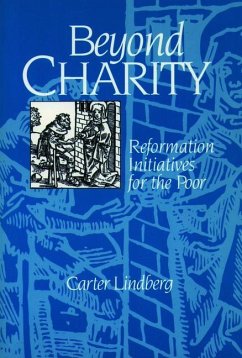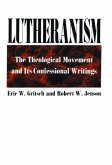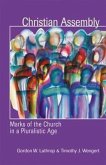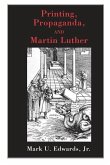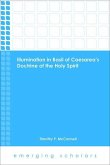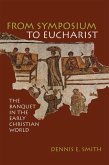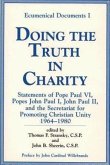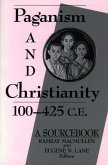The common stereotype is that the Reformers separated public and private morality and were indifferent to the ethical import of social structures and institutions. Beyond Charity calls this understanding into question by providing an analysis of the historical situation and translations of primary documents. The medieval point of view, formed by piety of achievement, idealized poverty -- either as voluntary renunciation or as almsgiving. In either case the material effects on actual poverty were slight, and the religious endorsement of poverty precluded urban efforts to address this growing problem. The Reformers impelled by their theology, developed and passed new legislative structures for addressing social welfare needs. The key to their undertakings was the conviction that social ethics is the continuation of community worship. In the first half, this book sets forth the medieval context, details Luther's critique of the profit economy of his day, and analyzes the actual social welfare programs that issued from his theology. The second half provides translations of selected legislative programs from the church orders of the Reformation.
Hinweis: Dieser Artikel kann nur an eine deutsche Lieferadresse ausgeliefert werden.
Hinweis: Dieser Artikel kann nur an eine deutsche Lieferadresse ausgeliefert werden.

